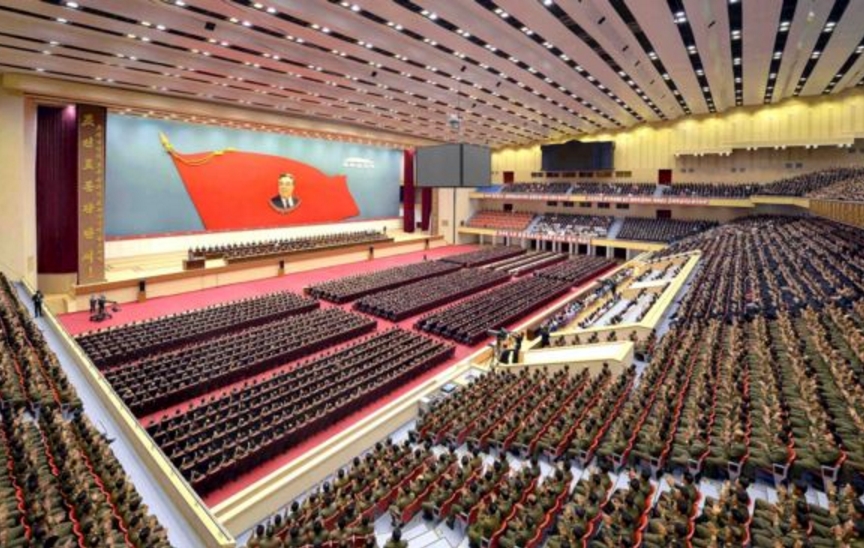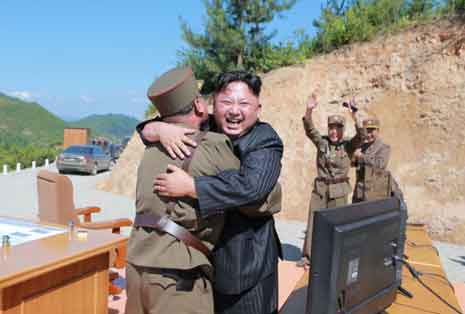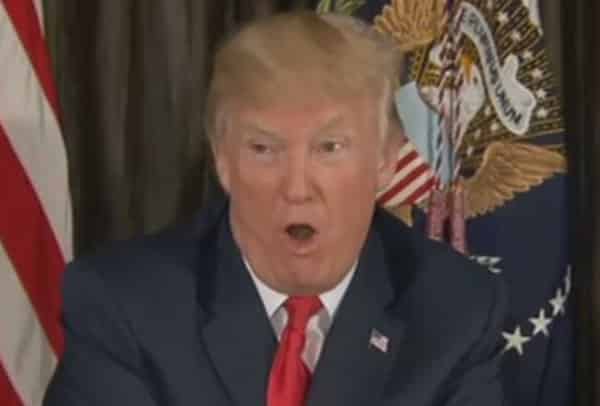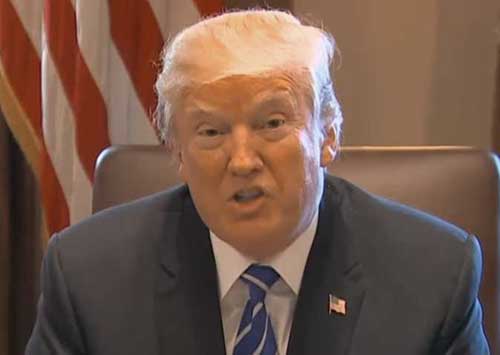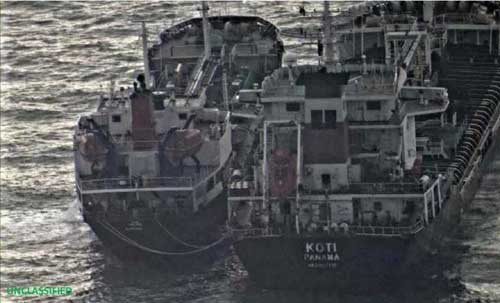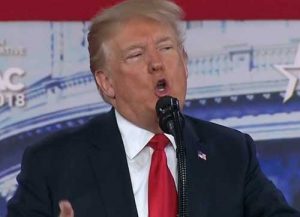
China responded angrily Saturday to new sanctions the United States imposed on North Korea, maintaining they were counterproductive to efforts to halt Pyongyang’s nuclear and long-range missile development programs.
U.S. President Donald Trump announced on Friday what he called the “largest ever” set of sanctions against North Korea and threatened a “phase two” if the measures weren’t effective.
The sanctions target one person, 27 companies and 28 ships registered in China and seven other countries with the intent of eliminating North Korea’s illicit shipping and trade. They block assets held by the companies in the U.S. and prohibit U.S. citizens from interacting with them.
China’s Foreign Ministry issued a statement saying Beijing “resolutely opposes” the U.S. for “enacting unilateral sanctions” and vowed to “seriously handle” the issue in accordance with the law. The ministry also demanded that the U.S. immediately lift the sanctions “to avoid harming bilateral cooperation in the relevant area.”
Saturday’s statement was China’s latest in a series of denunciations of any sanctions against North Korea not imposed within the framework of the United Nations.
China, traditionally North Korea’s closest ally, insists it has fully enforced existing sanctions against Pyongyang. China’s trade with North Korea in January fell to its lowest level in nearly four years, the latest indication China has maintained pressure on the isolated country.
Previous sanctions
Since last August, the U.S. has helped oversee three rounds of U.N. Security Council sanctions against North Korea. The pressure has not stopped Pyongyang from conducting more nuclear and missile tests.[xyz-ihs snippet=”adsense-body-ad”]The new sanctions’ effectiveness depends on whether they can successfully be implemented. And the U.S. has limited leverage over many of the shipping companies involved in helping North Korea evade sanctions, warned Gary Samore, former White House coordinator for arms control and weapons of mass destruction.
“A lot of the companies working with North Korea are very small,” Samore said. “And they don’t care whether they work with the United States.”
Jonathan Schanzer, a former Treasury Department official, praised the new sanctions for addressing North Korean shipping, which he said “has long been a gaping hole in the U.S. sanctions regime.”
“The only thing missing … is action against complicit Chinese banks,” said Schanzer, now with the Foundation for Defense of Democracies. “We know they continue to undermine our efforts to isolate North Korea.”
Until that step is taken, he said, North Korea “will be able to operate rather freely in the formal financial sector.”
Source: VOA



